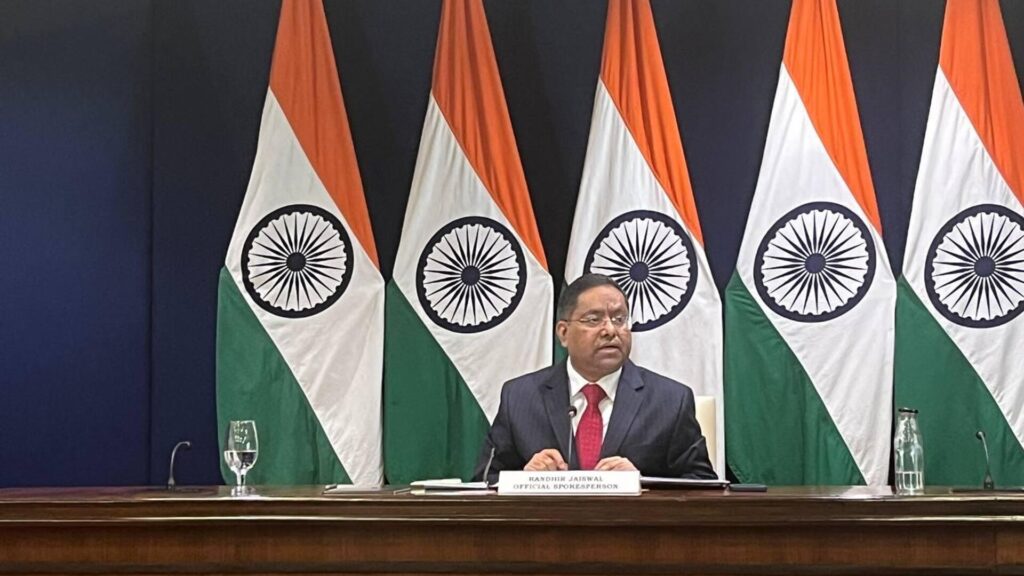MEA dismisses US concerns and reaffirms CAA as India’s internal matter aligned with inclusive principles, upholding human rights.

US watching over the CAA’s implementation:
Spokesman for the US State Department Matthew Miller told reporters during his daily briefing on Thursday, “We are concerned about the notification of the Citizenship Amendment Act on March 11.” We are keeping a careful eye on how this Act is used. Mr. Miller continued, “Basic democratic ideals include respect for religious freedom and treating all communities equally under the law.
MEA’s Response to US Concerns:
Clarification on the Purpose of the CAA:
Overview of the Citizenship Amendment Act 2019:
“The Citizenship Amendment Act 2019 is an internal concern of India that aligns with the country’s human rights legacy and inclusive values. According to MEA Official Spokesperson Randhir Jaiswal during a weekly media briefing, minorities subject to persecution from the Hindu, Sikh, Buddhist, Parsi, and Christian communities in Afghanistan, Pakistan, and Bangladesh who entered India on or before December 31, 2014, are granted shelter under the legislation.
Excluded Muslims:
On December 11, 2019, the CAA was approved by the Parliament, and the next day, the Indian President signed it into law. The bill, which sought to offer citizenship to Afghan, Bangladeshi, and Pakistani religious minorities under persecution—apart from Muslims—was met with intense opposition in many Indian states, particularly Assam and Delhi. The CAA notes that “the constitutions of Pakistan, Afghanistan, and Bangladesh provide for a specific state religion,” but it does not explain why Muslims are not included in the list of community.